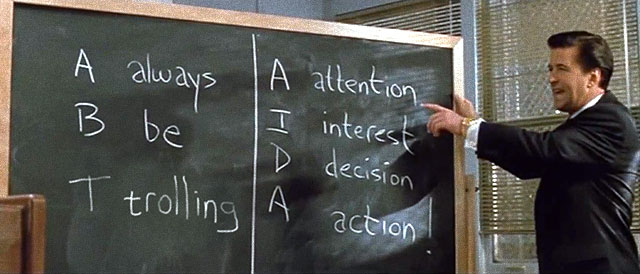The Imaginative Conservative: What next for Distributism.
Reclaiming Conservatism from Libertarians.
“Libertarian ism argues that the role of government is to uphold order, maximize personal liberty, and… pretty much nothing else. Government has no role to play in providing social services like Medicare or Medicaid, fostering economic growth (because the economy grows best when government does not meddle), promoting or even having a social policy. Issues like abortion and marriage are best left to the states or even to civil society.
The best that can be said is that libertarianism, in its moral defense of personal liberty, is a useful corrective to the assumption that prevailed for the rest of human history: that people are made unequal, and that the rich and strong have more rights than the poor and weak. That idea, which was widely presumed to be true for millennia, is tripe, and libertarianism is right to crusade against it. Libertarians would have you believe that they are the only soldiers courageous enough for this particular crusade; that you must accept their philosophy in toto to guard against tyranny; that no other philosophy has ever effectively checked the power of government. Their claim is more than tripe; it is propaganda. You do not have to be a libertarian to be against monarchy.
The other argument in defense of libertarianism is that it is efficient. We should protect human liberty above all else and minimize the role of government because it leads to the best outcomes for everyone. A laissez-faire market creates the most wealth. Free expression creates a free marketplace of ideas in which the truth will prevail. Market-based solutions are the best way to protect the environment because if people want a clean environment, all they have to do is pay for one. The competition of the private sector drives companies to greater heights of efficiency, productivity, and quality, which is why we should entrust everything from mail delivery to space exploration to them and not to the government.
Against these arguments are the fairly standard counterclaims about market failure, moral hazard, and the tragedy of the commons. Sometimes a marketplace of ideas does not result in truth if evil propaganda is shouted more loudly and frequently, especially by well-armed thugs. A free market for environmental goods is impossible because I cannot buy my own individual slice of clean air. And the efficiency of the private sector is only true when all parties have full, free, perfect information—which they never do unless the owners of information are compelled to disclose it by the government. These arguments boil down to the fairly obvious point (obvious to everyone except libertarians, that is) that sometimes working in groups and vesting power in a central authority is more efficient and productive than working in competition.
Libertarianism has the appeal of a personal organizer, or cargo pants, or a trapper keeper. It is a total organization system for all your ideas, convictions, and beliefs about society and politics. When you put libertarianism on, you have a tidy little place for every little thought and opinion. Even better, you can automatically generate an opinion on any issue by pure deduction with very little knowledge of actual facts. Take the first principle of libertarianism—personal autonomy is the highest good to which all other goods should be subordinated–and you can quickly Tweet about school choice (good), the Affordable Care Act (bad), NSA surveillance (very bad), and Miley Cyrus (who cares as long as she is a rational adult?). There is a pleasant empowerment in the comprehensiveness of libertarianism. Like every all-encompassing ideology, it gives you the ability, with very little thought or knowledge, to explain everything. As much as I hate the writing of Ralph Waldo Emerson, he was on to something when he wrote that “foolish consistency is the hobgoblin of little minds.”
And libertarianism is certainly the product of little minds. By “little minds” I mean those


